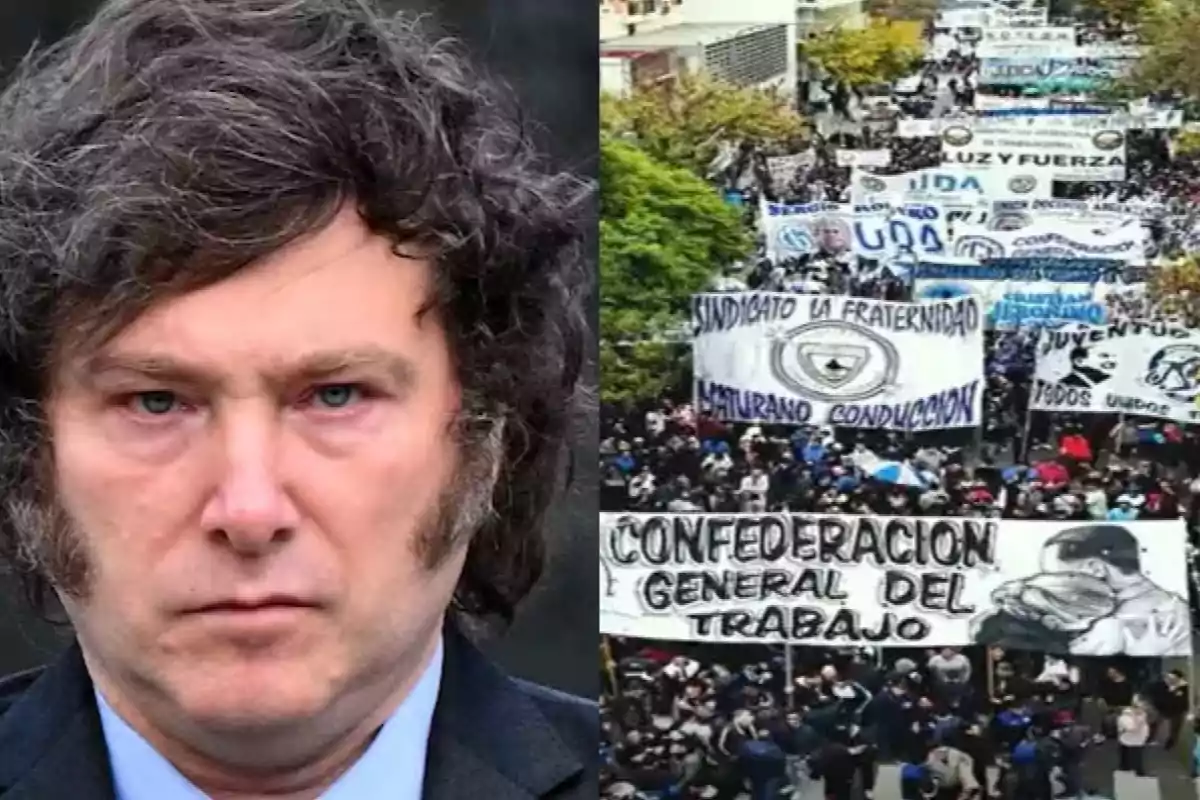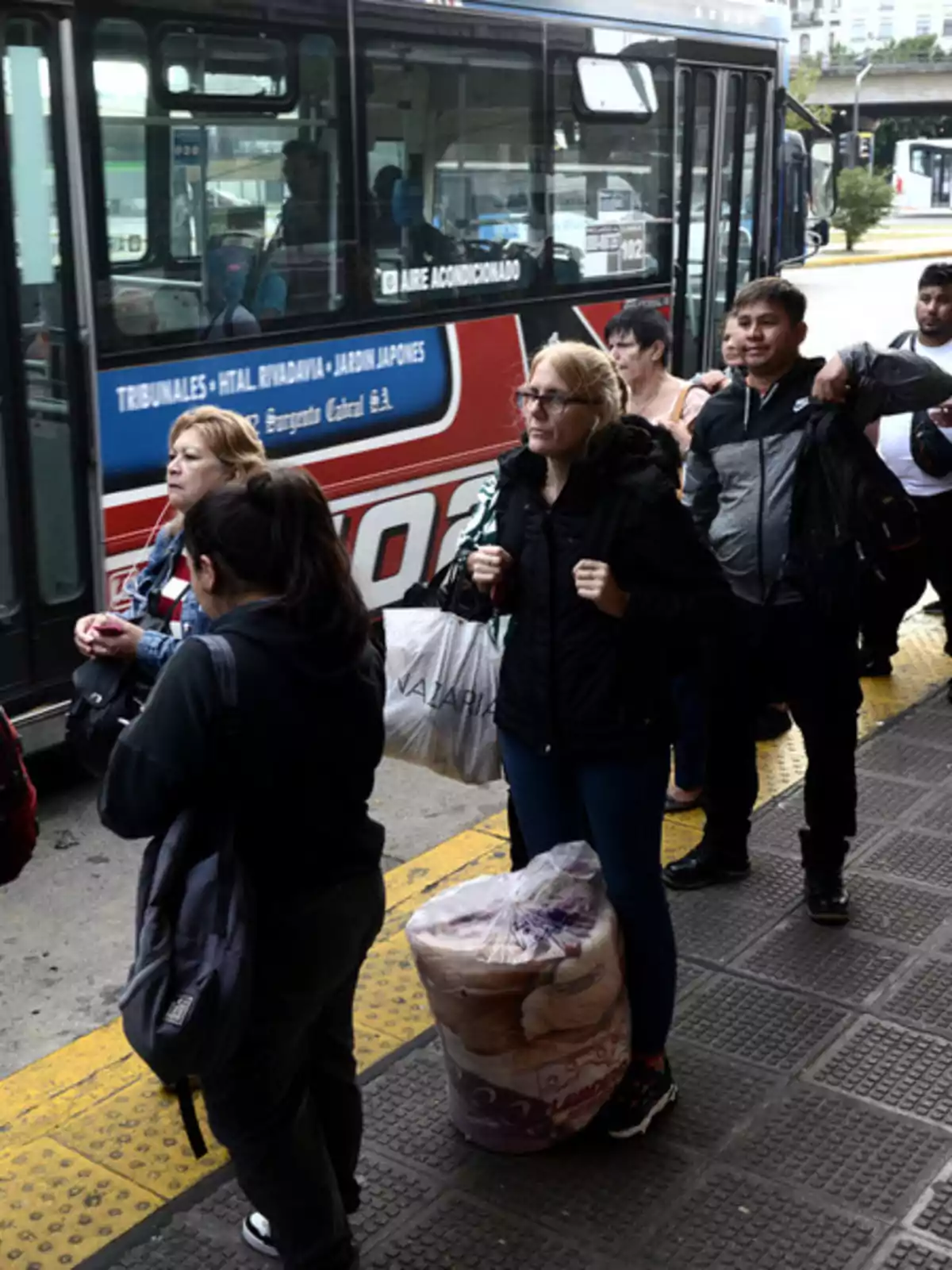
CGT prepares new strikes against Milei: 'This government shouldn't be given a break'
After celebrating this Thursday's disastrous strike, CGT fears possible future laws that could limit union power
After a strike with mixed results and a demonstration with practically no turnout, the General Confederation of Labor (CGT) doubles down with a confrontational strategy against the Government of President Javier Milei.
Next Tuesday, the top leadership of the CGT will meet to organize the traditional May 1st march. However, the real focus of the meeting will be the debate on a new escalation of forceful measures driven by the hardest line of the union movement, led by Juan Carlos Schmid, head of the Argentine Confederation of Transport Workers (CATT), who was blunt: "This Government should not be given any respite."
Schmid's statement, delivered in a belligerent tone from the headquarters at Azopardo 802 minutes before a press conference, sums up the atmosphere dominating a CGT that today acts as a de facto political opposition, with an unprecedented hardening of discourse since the return to democracy. "After May 1st, the continuity of the struggle plan must be defined," insisted the transport leader.

In the same vein, the majority of the 15 leaders present expressed themselves, while the dialogue-oriented sectors were once again left in a marginal role. Names like Gerardo Martínez (UOCRA), Armando Cavalieri (Commerce), and Sergio Sasia (Railway Union) —all absent from the press conference— barely attempt to curb the confrontational drift without gaining much support.
Sasia, in fact, was one of the few who openly opposed the recent general strike, arguing that "the strike itself doesn't solve anything" and that it was necessary to explore dialogue with the Executive Power. His warnings were ignored. Today, the sectors that still believe in negotiation are a minority within a CGT increasingly closed in on itself.
The CGT interprets the advance of the officialdom as a "reprisal," although the real background is the resistance to losing privileges that are far from the ideal of labor representation. The Superintendency of Health Services, under the Ministry of Human Capital, has already initiated audits and some specific interventions aimed at cleaning up practices inherited from the old corporate unionism.

Meanwhile, CGT co-leader Héctor Daer warned that "we've seen this movie before and it doesn't end well" —alluding to the successful agreement with the IMF—, his brother Rodolfo, leader of the Food Union, celebrated the alleged "success" of the strike. However, in private, several leaders admitted that the adherence was uneven, and the decision of the UTA bus drivers not to join significantly weakened the impact.
"It wasn't what we expected, but it was better than we thought," one of them confessed with irony. Others, like Sergio Romero (Argentine Teachers Union), insisted that compliance in the education sector was high due to low salaries, while Juan Pablo Brey (Argentine Association of Air Navigators) highlighted the adherence in air transport.
The day also brought an internal novelty: the reappearance of Jorge Sola, from the Insurance Union, mentioned as a possible successor to Daer in the CGT triumvirate. With a moderate profile, Sola now faces the challenge of repositioning the CGT as a serious and representative entity, and not as a destabilizing actor at a time when the Government is advancing with measures that show results and reduce privileges.
More posts: